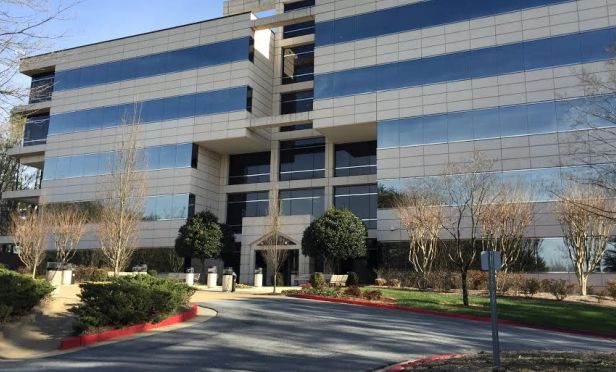
ATLANTA—One of the biggest commercial real estate trends in major metropolitan markets—and even the suburbs—is alternative workspace and flexible officing. The bottom line now is everyone can work everywhere now.
“The 'office' no longer means what it once did,” Larry Link, president of Level Group, a residential and commercial real estate firm based in New York City, tells GlobeSt.com. “Even the concept of employment has changed, with more and more people working as independent contractors on flexible schedules. Coworking spaces are the norm as groups of empowered individuals have expressed a desire to share resources and community while still retaining their individual identities.”
What is the impact of this trend? That may depend, in part, on whom you ask. As for Link he says employers who want to hire the best individuals must go with the flow.
“Company guidelines must be designed to accomplish their goals, but more flexibility and freedom offered to the employees than would have been given in the past,” Link says. “Work environments are a major consideration for every young person looking for a job, so companies must compete by offering the 'coolest' spaces where people want to be.”
So, who will the winners be? Flexible companies with clear goals but open to many ways of accomplishing them, he says.
“Landlords who design flexible work spaces and are willing to accept tenants on terms which are less strict than in the past to allow for expansion and contraction as the business changes,” Link says. “Coworking companies who offer the type of cutting edge environments and amenities that working individuals and smaller companies now demand.”

ATLANTA—One of the biggest commercial real estate trends in major metropolitan markets—and even the suburbs—is alternative workspace and flexible officing. The bottom line now is everyone can work everywhere now.
“The 'office' no longer means what it once did,” Larry Link, president of Level Group, a residential and commercial real estate firm based in
What is the impact of this trend? That may depend, in part, on whom you ask. As for Link he says employers who want to hire the best individuals must go with the flow.
“Company guidelines must be designed to accomplish their goals, but more flexibility and freedom offered to the employees than would have been given in the past,” Link says. “Work environments are a major consideration for every young person looking for a job, so companies must compete by offering the 'coolest' spaces where people want to be.”
So, who will the winners be? Flexible companies with clear goals but open to many ways of accomplishing them, he says.
“Landlords who design flexible work spaces and are willing to accept tenants on terms which are less strict than in the past to allow for expansion and contraction as the business changes,” Link says. “Coworking companies who offer the type of cutting edge environments and amenities that working individuals and smaller companies now demand.”
Want to continue reading?
Become a Free ALM Digital Reader.
Once you are an ALM Digital Member, you’ll receive:
- Breaking commercial real estate news and analysis, on-site and via our newsletters and custom alerts
- Educational webcasts, white papers, and ebooks from industry thought leaders
- Critical coverage of the property casualty insurance and financial advisory markets on our other ALM sites, PropertyCasualty360 and ThinkAdvisor
Already have an account? Sign In Now
*May exclude premium content© 2025 ALM Global, LLC, All Rights Reserved. Request academic re-use from www.copyright.com. All other uses, submit a request to [email protected]. For more information visit Asset & Logo Licensing.








